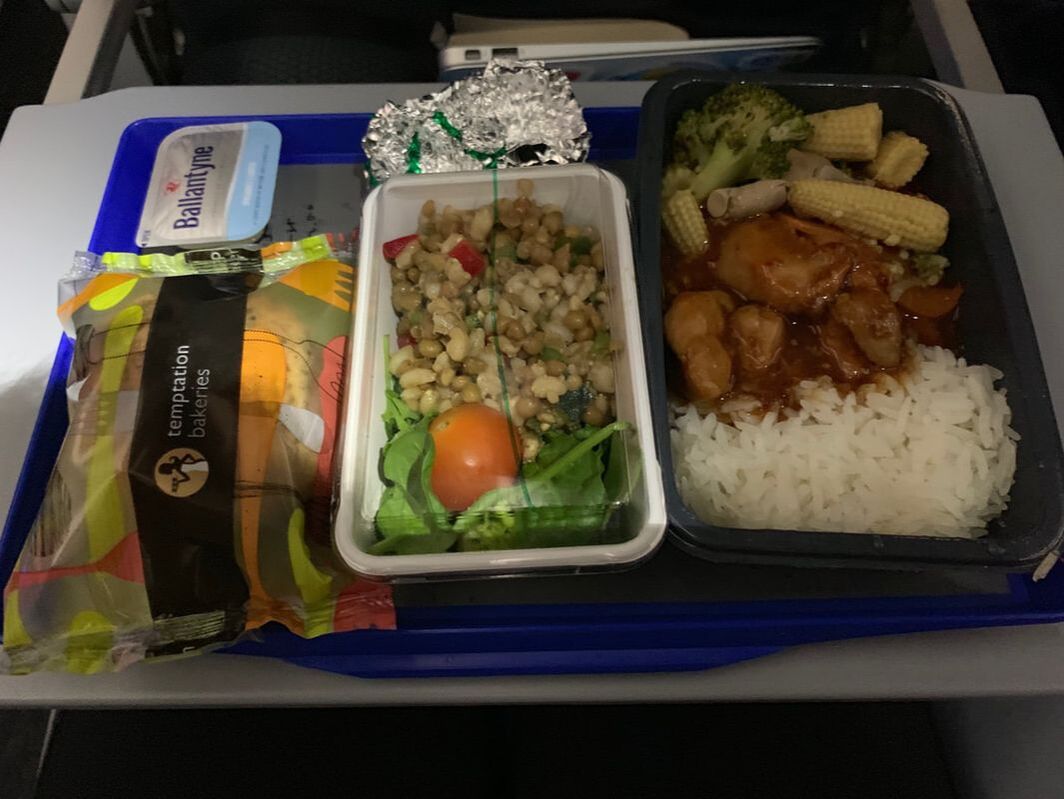|
IntroductionTraveling doesn’t need to be incredibly complicated or expensive. Planning a vacation can be pretty overwhelming as you have to worry about different aspects: logistics, cost, things to do and eat, being safe, and lots of other things! You want to have the best time with the lowest cost, but you aren’t sure how to find that balance. Sometimes, there are factors that are outside your control. However, the goal of this article is to help you control the things you can so that you can focus on having a great vacation. Before we begin… Throughout this article, I’d like for you to keep in mind these three important points. If you get nothing else from this, these are the three main things you want to remember. Research – Doing research on your destination(s) is a must. I can go on and on about how knowing this certain piece of information saved me time and/or money. An example is that you want to see a certain museum and it’s closed on weekends. You don’t do your research, so you go on a weekend only to find it closed. In addition, planning things last minute is almost always more expensive. So, do your research ahead of time! Preparation – This comes from applying the research that you’ve done. Getting to a new country where you don’t speak the language can be very overwhelming. The easiest example I use is prepping how you will get to the airport to your accommodation. Of course, you could always figure it out when you get there. But, knowing two different ways (a main way and a backup) can save you time and money if mysterious construction work and/or delays come up. With adequate preparation, you could prevent frustration and stress by being prepared. Flexibility – Being flexible with your plans can save you tons of money. When my friends ask me to help them find cheap flights, I ask them a series of questions. Usually they’ll tell me that they must be there at X time, I want to only fly on Y airline, I have to fly out on Z day, etc. Good deals are harder to find the moment you start adding constraints, which is why I tell everyone to see if they can be flexible with their plans – leaving a day earlier or later could save you hundreds of dollars. Now that we got the three points out of the way, I’ll like to mention a few other things: The cheapest option isn’t necessarily the best option – It may seem like I’m just going to tell you that cheapest is best, but sometimes it’s in your best interest to spend a little more money. Wait, what? But aren’t we trying to save as much money as possible? Yes, that’s right. But sometimes it’s worth spending a little more now to prevent the risk of spending more later. For example, booking a budget airline might seem cheaper, but they have all sorts of hidden fees. Or, you’ll see a cheap hotel but it’s 10 miles away from the city center – which means the cost of getting there and back offsets the savings. Compromising – When you’re on a budget, usually you can’t have everything you want. The simplest way to put this is you have a budget of $X, but you want to stay in a really nice Airbnb ($Y) and do this guided tour your friend recommended ($Z). However, the cost of both exceeds your budget ($Y + $Z > $X). Now, you have to compromise – either you could choose to stay in a hostel (usually cheaper than an Airbnb) or choose a cheaper guided tour. You can still have both, but not what you envisioned. What I don’t what you to think is that traveling on a budget ALWAYS requires an “X or Y” mindset. If you do some tinkering here and there, you may not have to compromise. However, there are some instances when you have to make a choice. There are 4 parts to this article, which are listed below. You could start anywhere if you only want to read about a certain part, but I recommend that you start from Part 1.
|
Contents |
RELATED POSTS
PackingHave trouble when packing for a trip? No worries, my guide on Packing is here to help!
|
United ECONOMY plus REVIEWRead all about my experience in economy class on United Airlines as well as the United Club at LAX right here.
|


